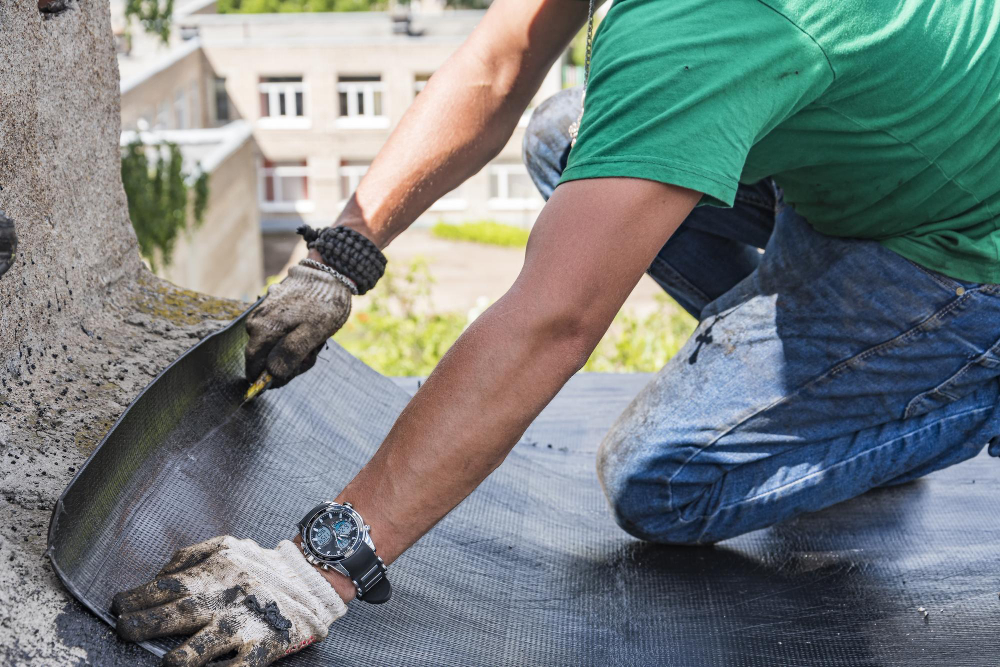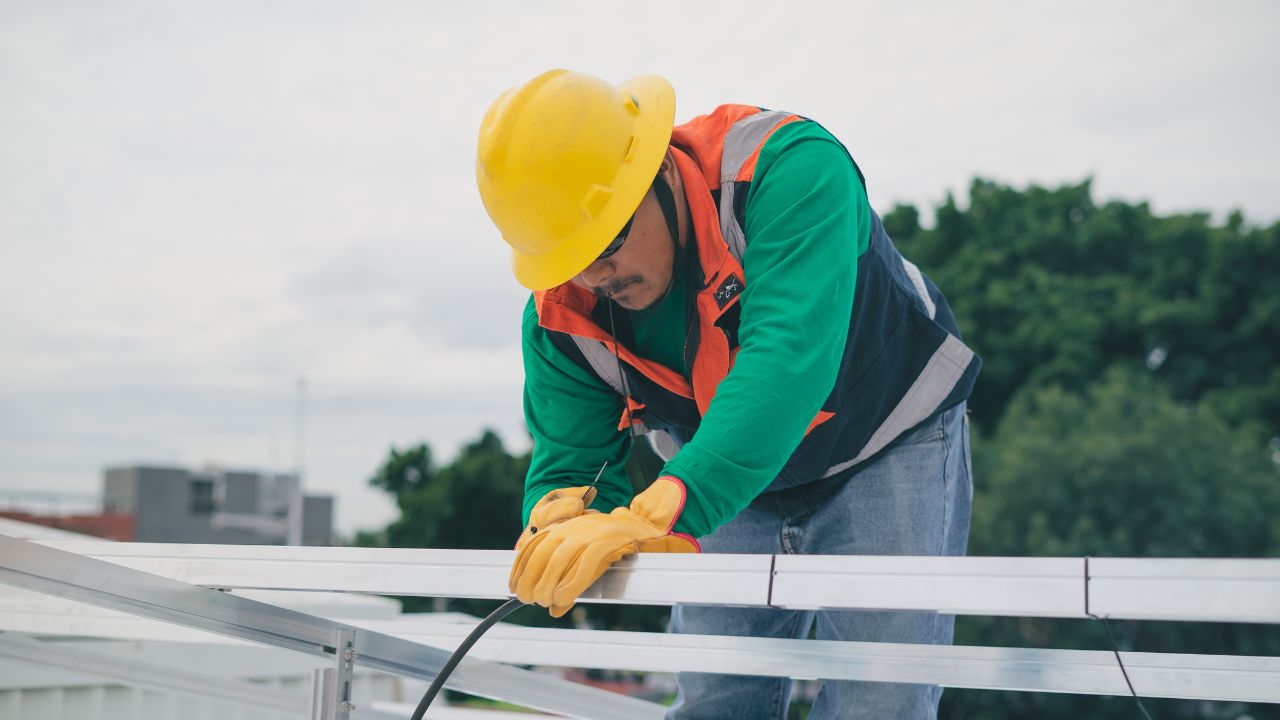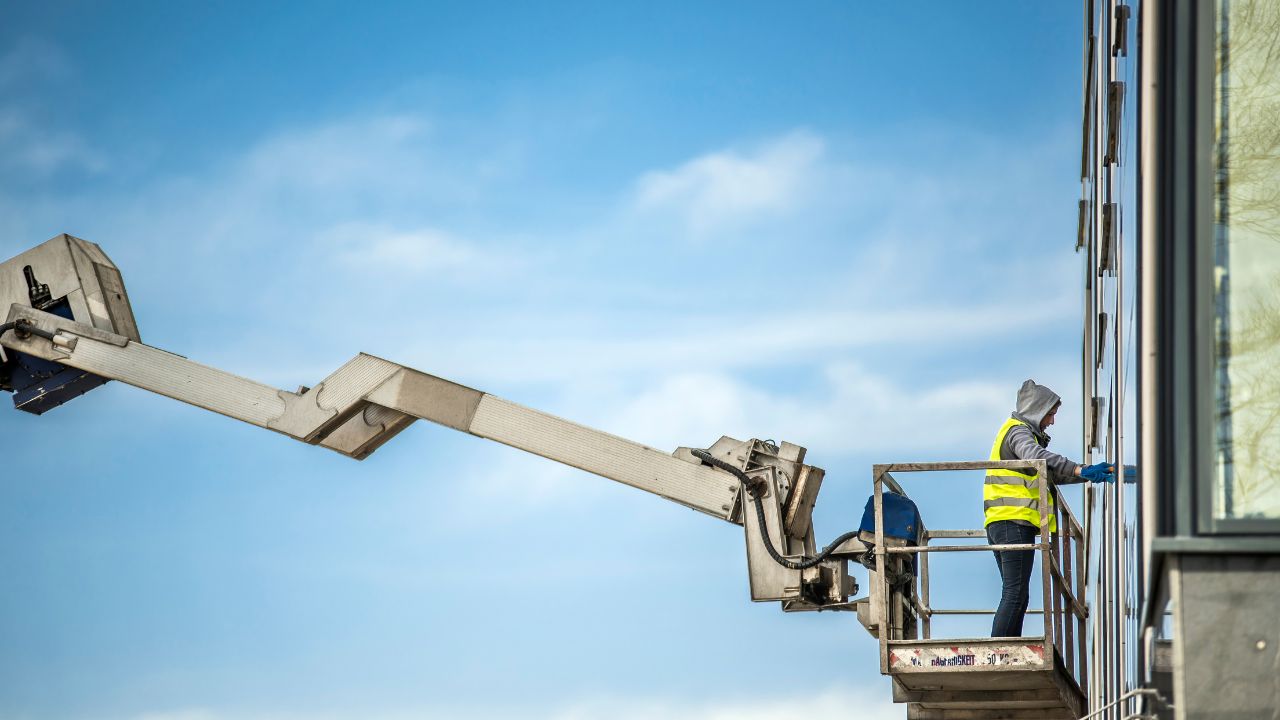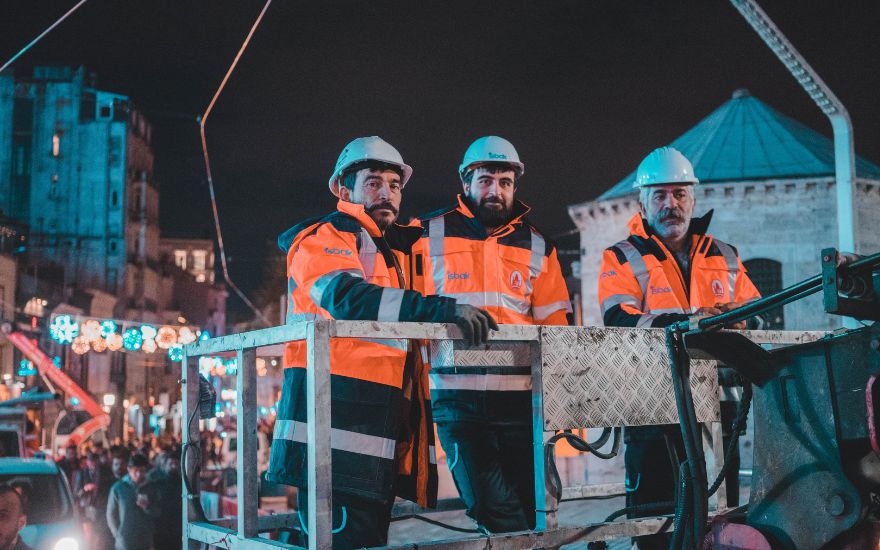Need basement water proofing? Here’s how you can do it
Ever walked into your basement only to find puddles forming along the walls or that unmistakable musty smell taking over the air? You’re not alone. For homeowners, basement leaks and moisture problems are more common than you might think. But the good news is, with the right techniques and understanding, you can take control. Basement waterproofing is not just about patching cracks—it’s about protecting your entire home from structural damage, mold, and loss of property value. If you’ve searched for “basement waterproofing,” you’re already taking the right first step.
In this blog, we’ll walk you through everything you need to know to effectively waterproof your basement. From understanding common causes of moisture to choosing the right internal and external methods, we’ll cover all your options. You’ll also see why CozyCasa is a reliable partner in delivering long-term waterproofing solutions tailored to your space. Explore CozyCasa’s waterproofing services.
Key Things to Know Before Waterproofing Your Basement
Before diving into specific techniques and materials, it’s crucial to understand some foundational aspects of basement waterproofing. Knowing the causes and risks involved helps you choose smarter, more effective solutions.
1. Common Causes of Basement Moisture
Basement leaks typically stem from poor drainage, hydrostatic pressure, or faulty construction. Cracks in foundation walls, aging sealants, and improper sloping around your home’s perimeter allow water to seep in during rain or snow melt.
Understanding where water enters your basement is the first step toward stopping it. Diagnosing the issue might involve a professional inspection, moisture meter testing, or observing signs like efflorescence or water stains.
2. Impact of Water Damage on Home Integrity
Unchecked moisture can damage structural components, cause wood rot, and invite mold and mildew growth. This not only leads to expensive repairs but can also affect indoor air quality.
The longer water sits in your basement, the more damage it does. Drywall, insulation, and flooring are especially vulnerable. Protecting your home begins with understanding how critical timely waterproofing can be.
3. Interior vs. Exterior Waterproofing: What’s the Difference?
Interior waterproofing addresses water that’s already entered, using solutions like sealants, sump pumps, and vapor barriers. Exterior waterproofing prevents water from entering in the first place, typically through excavation, drainage boards, and membrane applications.
Each method has pros and cons, and the right choice depends on your home’s condition, budget, and soil type. Many effective systems combine both.
4. Cost Factors and ROI of Waterproofing
Basement waterproofing costs vary widely depending on the method and severity of the problem. While exterior excavation can be expensive, it often provides the longest-lasting results. Interior solutions tend to be more affordable and quicker to install.
What’s important is the ROI: waterproofing protects your home’s resale value, ensures safety, and prevents future repair costs.
5. Signs That You Need Waterproofing Now
Musty odors, visible mold, bubbling paint, and standing water are obvious indicators. But so are more subtle clues like high humidity levels, insects, and white powdery residue on walls.
If you’re seeing any of these, it’s time to take action. Delaying waterproofing can result in higher repair costs later.
Best Techniques to Waterproof Your Basement Effectively
Let’s now look at the most recommended methods used by professionals and homeowners alike to create dry, secure, and healthy basement spaces.
Interior Sealants for Minor Leaks
Interior sealants are great for minor cracks and condensation issues. Products like waterproof paint or epoxy injections can temporarily stop moisture penetration.
While these are not long-term solutions for active leaks, they work well in low-risk areas or as a stopgap while planning more extensive work.
Sump Pump Systems for Water Management
Installing a sump pump helps manage water that enters your basement by pumping it out before it accumulates. It’s especially effective in flood-prone areas.
Combine it with a battery backup system to ensure performance during power outages.
French Drains for Efficient Water Diversion
French drains redirect water away from your foundation using gravel-filled trenches and perforated piping. These are often used in both interior and exterior waterproofing systems.
They’re particularly helpful in homes with poor grading or high groundwater tables.
Exterior Waterproofing Membranes and Coatings
Exterior waterproofing typically involves excavating around the foundation and applying a waterproof membrane. This method prevents water from ever making contact with your foundation.
It’s the gold standard for long-term protection, though it requires professional help and a higher budget.
Basement Window Well Covers and Drainage
Basement windows are a common entry point for water. Installing window well covers and adding proper drainage prevents rain and melting snow from collecting around these openings.
They also add a layer of safety and energy efficiency to your home.
Why Choose CozyCasa for Basement Waterproofing?
CozyCasa is more than a contractor—we’re your long-term partner in creating safe, comfortable, and resilient living spaces. Our team combines cutting-edge tools with years of experience to design waterproofing systems tailored to your basement’s needs.
We evaluate each project individually, offering transparent quotes, high-quality materials, and durable solutions. Whether it’s a sump pump installation or complete exterior excavation, CozyCasa ensures it’s done right. See our past basement projects.
Conclusion
Basement waterproofing is not just an optional home improvement—it’s a proactive defense against structural damage, health risks, and lost property value. From simple sealants to comprehensive drainage systems, there’s a solution for every home and every budget. The key is knowing when and how to act.
Partnering with CozyCasa ensures you get expert guidance and reliable service. Don’t wait for water to become a problem—make your basement watertight now. Contact CozyCasa today to get started.
Summary
Effective basement waterproofing involves understanding moisture sources, choosing between interior and exterior solutions, and using techniques like sump pumps, French drains, and waterproof membranes. Whether you’re preventing issues or responding to active leaks, CozyCasa offers customized, high-quality services that keep your basement safe and dry. Trust CozyCasa to protect what matters most—your home.




